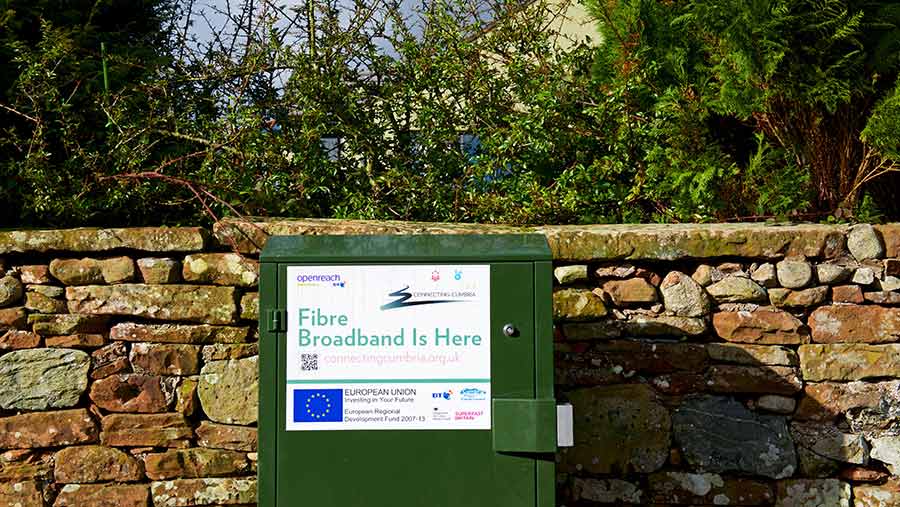MPs criticise government delays in rural broadband rollout
 © Joe Doylem/Alamy Stock Photo
© Joe Doylem/Alamy Stock Photo MPs say the government is falling behind in its timetable to roll out superfast broadband across the UK, including the hardest-to-reach rural areas.
The Department for Digital, Culture, Media and Sport (DCMS) has made “little tangible progress” in delivering Project Gigabit, according to a report from the House of Commons’ Public Accounts Committee (PAC), and is unlikely to reach its downgraded target of 85% coverage by 2025.
DCMS’s goal of reaching full gigabit coverage by 2030 also does not cover remote areas including about 134,000 homes (0.3% of premises).
See also: Is this Britain’s most expensive broadband?
And the department “does not have a detailed plan” for reaching these remote rural areas “where it is commercially unviable to do so”, the report says.
In these hardest-to-reach areas, the “potentially prohibitively high cost” of rolling out full fibre broadband means the use of other technologies such as satellite are likely to be necessary.
The report (PDF) concludes that Boris Johnson’s government has made “little tangible progress” with superfast broadband rollout.
The MPs criticised the government for being over-reliant on commercial suppliers in improving gigabit broadband coverage. These companies are focused on less costly, easier-to-reach areas of the UK, it says.
Between May and October 2021, the national gigabit coverage increased from 40% to 57%, but this was attributed to Virgin Media O2 updating its cable network, which was completed in December 2021.
But if the government wants to meet its 2025 target, it is essential that significantly increased investment is made in rural and remote areas “on the basis that the commercial sector will unlikely be able to fill the gap”, say MPs.
Digital divide
The MPs stated: “We are concerned that the department’s focus on accelerating coverage through rollout by commercial operators rather than by prioritising those areas it knows are hardest to reach risks some of the areas that need improved connectivity most being once again left behind.”
Committee chairwoman Dame Meg Hillier MP said: “What DCMS does know full well is it can’t rely on the private sector to get fast broadband to the hardest-to-reach, excluded and rural areas.
“Despite its repeated promises to do exactly that, we are apparently little nearer to closing ‘the great digital divide’ developing across the UK nor addressing the social and economic inequality it brings with it.”
A DCMS spokesman said: “We are investing £5bn so hard-to-reach areas can get [1Gbps] speeds, have already upgraded 600,000 premises – and in three years, national coverage has rocketed from 6% to 65%.
“Our policies and investment also mean 97% of premises can access superfast broadband which meets people’s current needs and helped us through the pandemic.”
Digital divide
Responding to the report, the NFU said rural areas were continually being left behind on rural broadband coverage and the government and digital industry must do more to bridge the digital divide.
NFU deputy president Stuart Roberts said: “For too long farmers across the country had to run their businesses with below-par broadband connectivity and it’s putting a huge drain on time and efficiency.
“It’s doubly frustrating because we all know the public benefits that will come with investment in this area – producing more sustainable food, caring for the environment, taking action against climate change, enabling greater public access to the countryside and boosting our contribution to the rural economy.”
